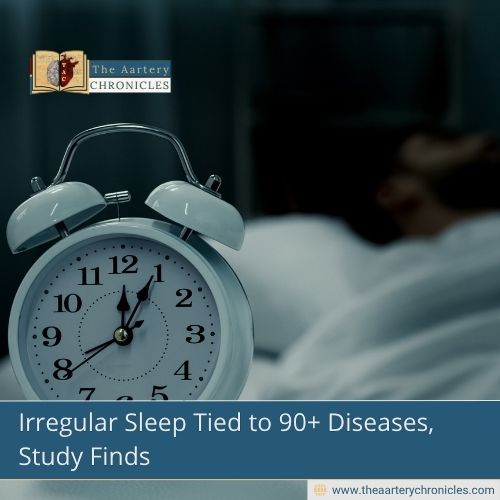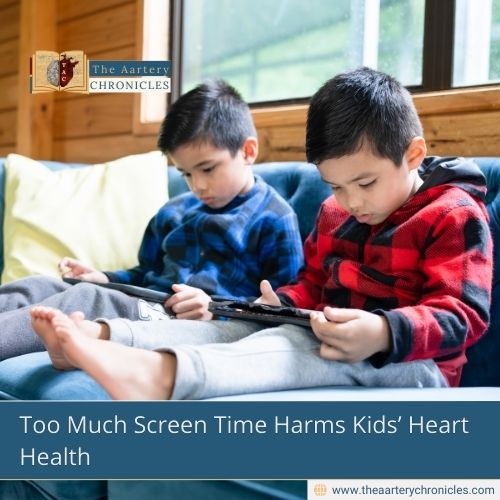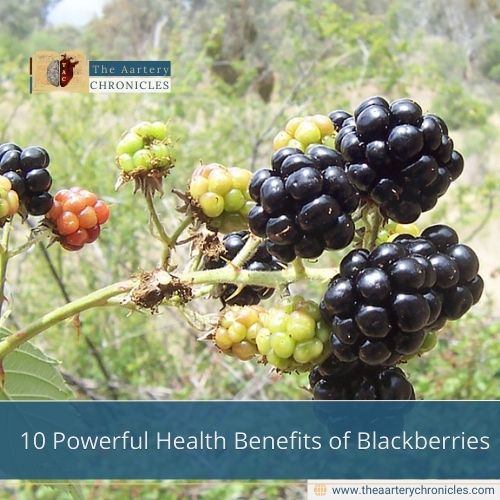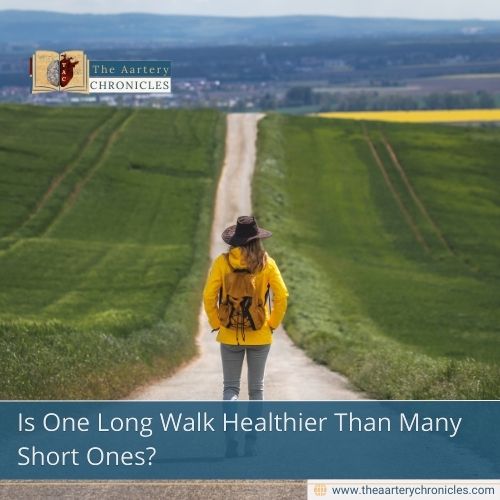
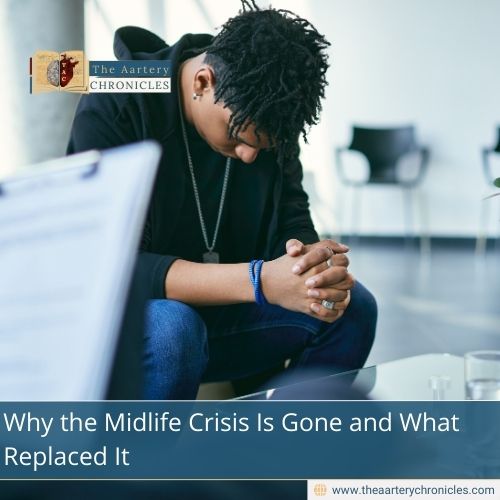
Why the Midlife Crisis Is Gone and What Replaced It
Summary: The traditional notion of a midlife crisis is gradually fading. Emerging research indicates that younger populations are now experiencing the highest levels of psychological distress, effectively reversing the long-held happiness curve. It appears that ageing yields greater stability than previously observed.
The Midlife Crisis Is No Longer the Main Focus – Here's What's Replacing It
Is the midlife crisis becoming a thing of the past? Recent global research suggests it is. However, the outlook isn’t entirely positive; there’s a new, more alarming trend emerging. Mental health struggles now tend to peak earlier in life and gradually decrease as people long-held assumptions on their heads.
The Traditional ‘Unhappiness Hump’ Is No Longer Evident
For many years, researchers have documented a U-shaped pattern in overall well-being:
- Happiness often dips during midlife, leading to what is known as the ‘unhappiness hump’.
- Typically, life satisfaction would pick up again after age 50.
However, recent research challenges this well-established view. A new study published in PLOS One indicates that the midlife dip has disappeared. Instead, mental Ill-being now appears to be higher in youth and tends to decline gradually with age.
Understanding the Data: Teen Mental Health Is Reaching a New Low
Dr. David Blanchflower from Dartmouth College, the lead researcher, along with his team, examined extensive datasets from the United States, the United Kingdom, and 44 other nations. Here’s a summary of their key findings:
- U.S. data: Surveys of more than 10 million adults conducted by the CDC from 1993 to 2024
- U.K. data: Data from the UK Household Longitudinal Study, covering 40,000 households (2009–2023)
- Global data: Nearly 2 million individuals across 44 countries (2020–2025) in the Global Minds research project
The findings were quite surprising: In both the U.S. and the U.K., the usual midlife dip in happiness appears to have disappeared. It turns out that feeling down is most common among young adults, and it gradually improves as people get older. Interestingly, people in their 40s and beyond are actually doing quite well mentally, and that trend hasn’t changed much. This isn’t just happening in Western countries, examining data from around the world, the same pattern appears everywhere.
Investigating the Cause of This Shift
The underlying reasons are versatile and subject to ongoing discussion, but experts propose several plausible factors:
- Economic instability: The enduring impact of the Great Recession on employment security
- Insufficient mental health funding
- Effects of the COVID-19 pandemic
- Stress from social media and digital platforms
Researchers caution: “This is a huge change from the past. Today, mental ill-being is highest among the young and declines with age.”
Rising Mental Health Challenges Among Youth
The data emphasise a pressing concern: an escalating mental health crisis among young individuals.
In contrast to earlier generations, today’s youth are confronting unmatched levels of
- Stress
- Anxiety
- Depression
Conversely, older adults tend to demonstrate greater emotional resilience and stability.
Implications for the Future
If current trends persist, there is an urgent need for a fundamental rethinking of mental health strategies.
Rather than concentrating predominantly on midlife mental health, experts advocate for more targeted support specifically customised for younger populations, to better address the distinct challenges presented by an increasingly digital and unpredictable environment.
Takeaway: Happiness actually hits its highest point in midlife, not dips like we used to think.
Seeing the end of the midlife crisis really shows how society’s attitudes are shifting. Meanwhile, mental health worries among young individuals are growing, but older adults are doing better than ever before.
As the researchers warn: “Our concern is that today there is a serious mental health crisis among the young that needs addressing.”

Dane
I am an MBBS graduate and a dedicated medical writer with a strong passion for deep research and psychology. I enjoy breaking down complex medical topics into engaging, easy-to-understand content, aiming to educate and inspire readers by exploring the fascinating connection between health, science, and the human mind.


